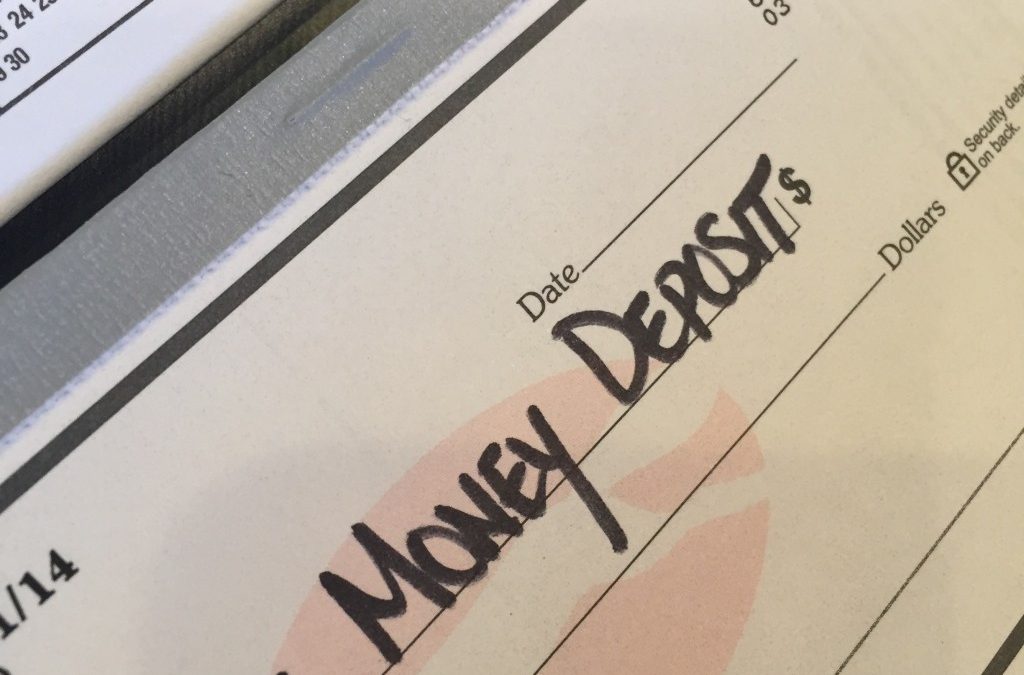
By Erin Thomas & Berry Mashburn
What is Earnest Money?
In real estate transactions, earnest money is a deposit by the buyer into a trust or escrow account. Earnest money shows a buyer’s good faith intent to purchase a property and serves as protection to the seller when they take their home off the market. Also, this allows the buyer additional time to secure financing.
How much earnest money?
Generally, it is common practice for the earnest money deposit to be 1% of the sales price. Notwithstanding, earnest money is 100% negotiable, so a seller could request additional earnest money or a buyer could offer less and the contract would be fully acceptable. There are many factors that go into each offer and negotiation, so the amount of earnest money deposited is highly dependent on the situation.
What is an option period?
An option period is determined by the terms of the contract. In many cases, it is between 5 and 14 days. The option period is a length of time during which the buyer can inspect the property to determine whether he/she wants to continue with the purchase of the property. The buyer pays a small fee (usually 0.1% of the sales price), an option fee, as consideration for this period of time. If during the option period, the buyer decides they no longer wish to purchase the property, they will forfeit the option fee. Nevertheless, the buyer will generally be able to recover their earnest money deposit.
What happens to the earnest money?
In all circumstances, the return of earnest money is governed by the contract between the buyer and seller, however, there are four basic scenarios that affect the earnest money deposit.
First Scenario: Everything goes according to plan, the buyer and seller agree on a price and the property sale goes through. In this scenario, the earnest money will either be credited to the closing costs or the down payment. The money remains the buyers, but is put toward the purchase of the property.
Second Scenario: if a buyer decides to not purchase the property, thus terminating the contract. If the buyer terminates the contract during the option period or for reasons clearly permitted by the terms of the contract, the buyer should be able to receive the earnest money deposit back. However, title companies cannot legally release funds without authorization by all parties, so this will require the parties to send written authorization to the title company
requesting the release of the funds to the buyer. Comparatively, if the buyer decides to terminate the contract outside the option period or for reasons not clearly stated in the contract, the buyer will not receive the earnest money deposit back. Hence, buyers that simply have a “change of heart” will not be returned their earnest money. The seller keeps the earnest money deposit as compensation for the time and money the seller spent taking the home off the market, having to relist the property, and having to search for a new buyer.
Third Scenario: contract contingency not fulfilled. In real estate, a contract contingency is a condition or action that must be met for the contract to become binding. A contingency only becomes part of the real estate contract when both parties, the buyer and seller, agree to the terms and sign the contract. Common real estate contract contingencies include: lines of appraisals, home inspections, and financing. If a contract contingency is not met, the buyer can walk away from the contract with the earnest money deposit. An example of this could be during the buyer’s home inspection, the inspector determines the floor boards are rotting and will require new floor boards. Again, the buyer and seller will need to send written authorization to the title company in order for the title company to release the earnest money deposit back to the buyer. Furthermore, under this scenario, it is important to remember that the terms of the contract will determine whether a contingency has been met or not.
Fourth Scenario: Seller terminates the contract. Although rare, if a seller terminates the contract (for reasons not allowed by the contract), the buyer will be entitled to the earnest money deposit. Again, the buyer and seller will need to send written authorization to the title company in order for the title company to release the earnest money deposit back to the buyer. Also, it is important to note that a seller who wrongfully terminates the contract opens themselves up to the possibility of legal implications for breach of contract.
Conclusion
Earnest money is greatly beneficial to both the buyer and seller by providing assurances and compensation for different scenarios. Every real estate transaction is unique, so in the event that a transaction falls through, the terms of the contract are vital for deciding which party is
entitled to the earnest money deposit. However, in a general sense, the party that breaches the terms of the contract will not walk away with the earnest money deposit.




